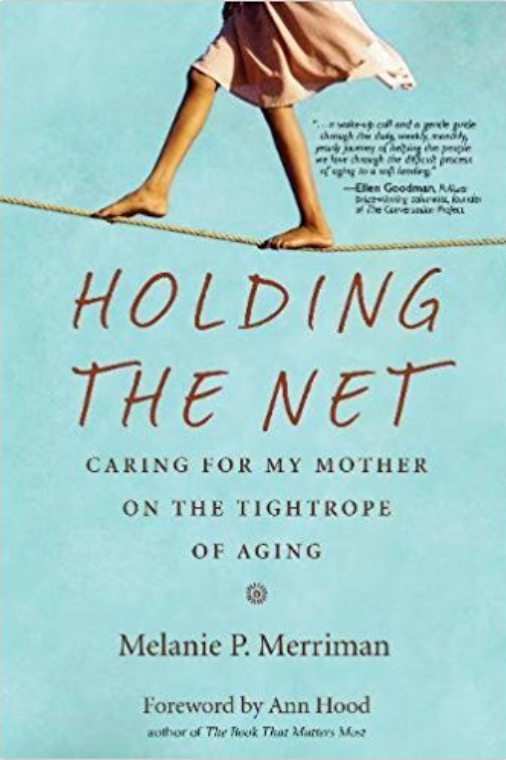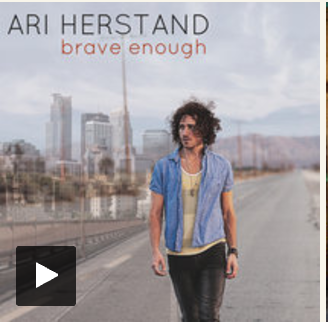Show Notes for Episode 39: Get Out of Your Way and Write
/
On today’s episode we’re talking about getting out of our own way when writing a story. The writing process starts with getting the truth on paper. We write about situations or problems we’re dealing with or have dealt with, things we’re still trying to understand or resolve. The goal is getting to the reason we’re writing the story and what the story is really about.
Andrea is a huge believer in writing and rewriting. That’s her process. A first draft is usually shit. Then the second draft all the way to the 222 draft, is usually still shit, but those drafts are critical for telling the story well. But with all this writing and rewriting, we can get in our own way.
In this episode, you'll hear student Misha Mehrel’s story Bad Breath. Misha brought this piece to class a couple of weeks ago and it needed very little editing. You will also hear an interview with Misha about his writing process. Misha was wary of writing about his father’s cancer diagnosis. What he did instead was start by writing about physical problems that had been bothering him. He wrote graphically and intimately about his breath and bowel movements, which served to free him up to write about his dad.
Two prompt ideas to help you, the listener, loosen up. Body Odor or Menstrual Blood. See where that takes you.
Listen to other stories by Misha in Episode 36 about Hurricane Irma (https://soundcloud.com/writing-class-radio/episode-36-hurricanes-and-stories-define-us-since-the-beginning-of-time) and another in Episode 16: Comfort Zone where he told a story about his hairy ass.
Writing Class Radio is a podcast that brings you true, personal stories written in an actual memoir writing class and a little instruction on how to write your own stories.
Writing Class Radio is co-hosted by student Allison Langer (www.allisonlanger.com) and teacher Andrea Askowitz (www.andreaaskowitz.com). This podcast is equal parts heart and art. By heart, we mean getting to the truth and by art, we mean the craft of writing.
Writing Class Radio is produced by Virginia Lora, Andrea Askowitz and Allison Langer. We are sponsored by and recorded at the University of Miami School of Communication.
Our fall writing contest is officially on! The prompt is Secret Pleasure. Deadline is Feb. 14, 2017. Details at writingclassradio.com.
Theme music by Ari Herstand. Additional music by Kevin Myles WIlson
Taryn Southern and Podington Bear. You can find all our music on our website.
Please support our 20+2 campaign. Give $20 and get two people to subscribe. Our goal is 2,000 new listeners and $20,000 by the end of the year. Please help us reach our goal. Please go to writingclassradio.com and hit the 20+2 button.
There’s more writing class on our website (www.writingclassradio.com), twitter (@wrtgclassradio) and Facebook.
There’s no better way to understand ourselves and each other than by writing and sharing our stories. Everyone has a story. What’s yours?

















